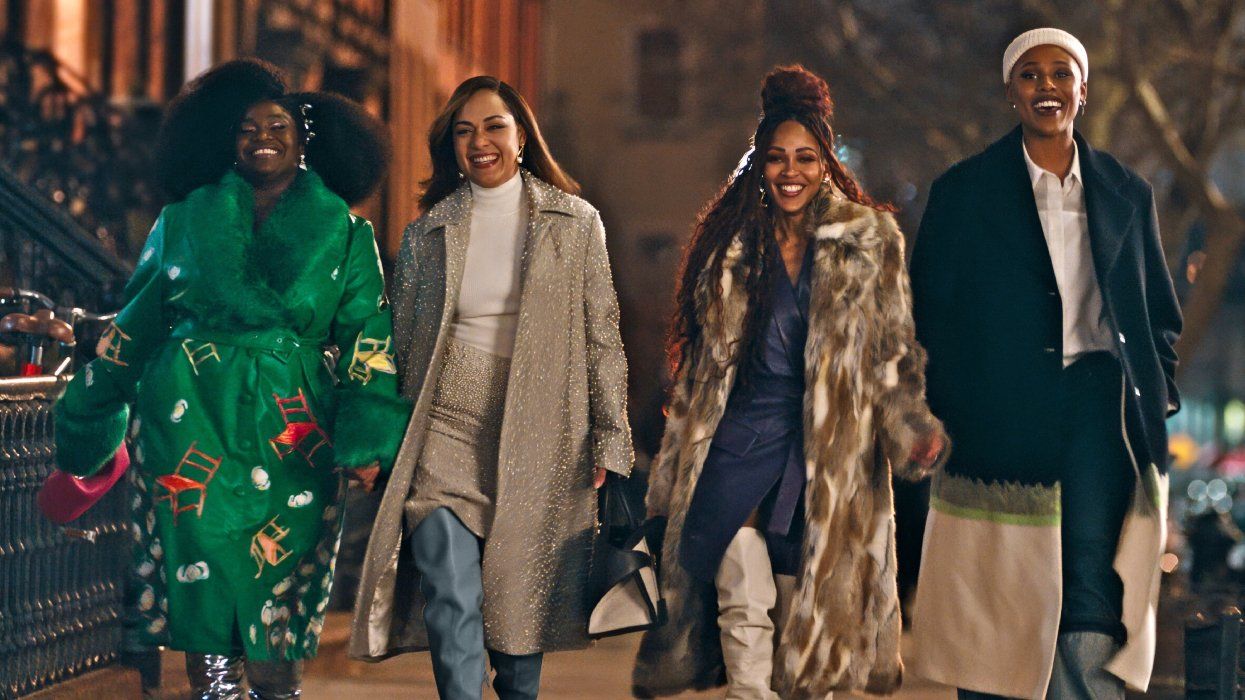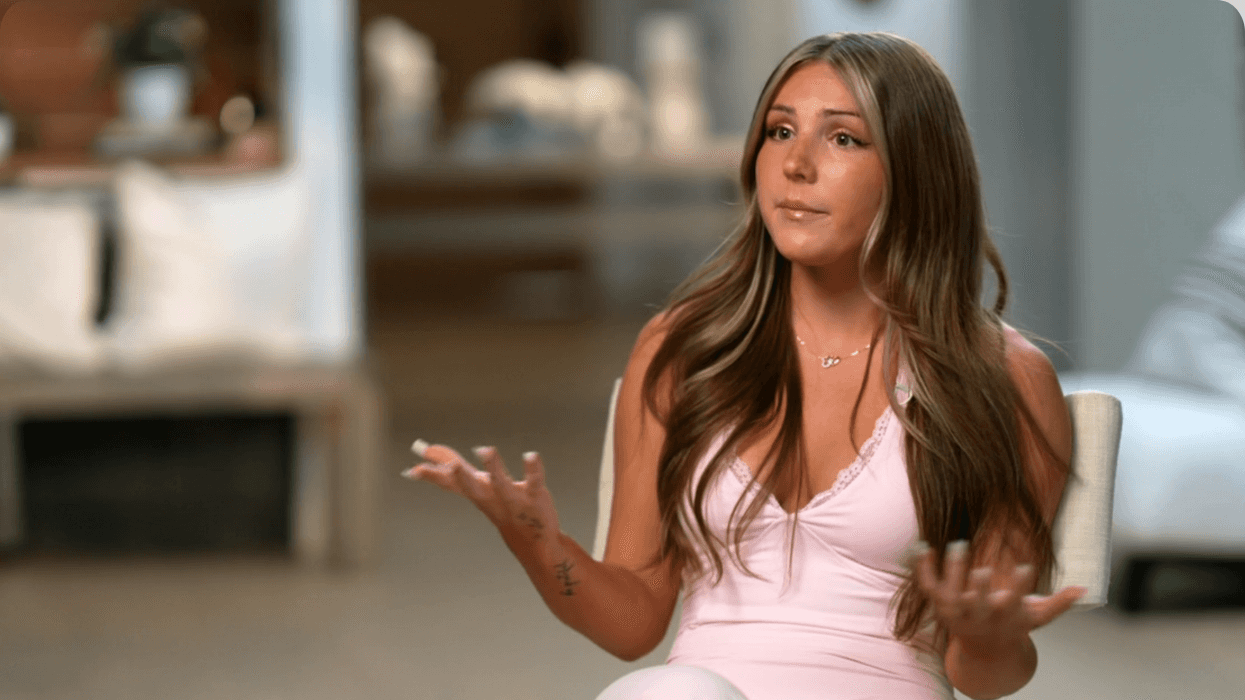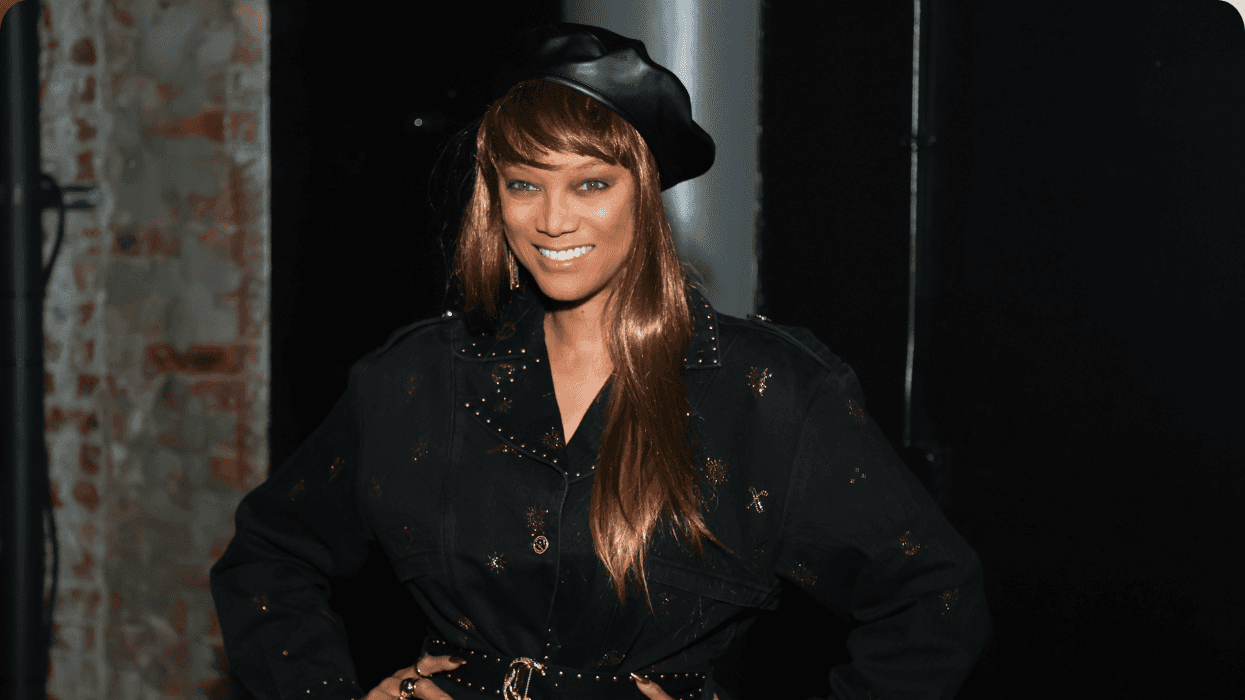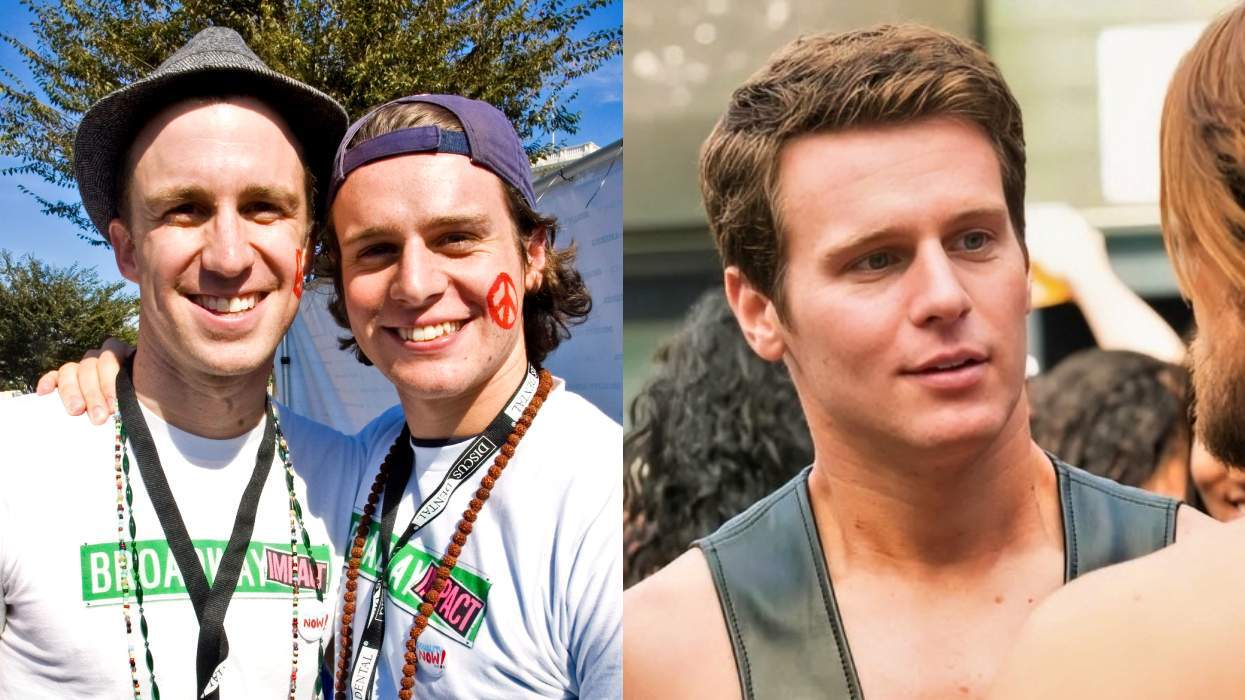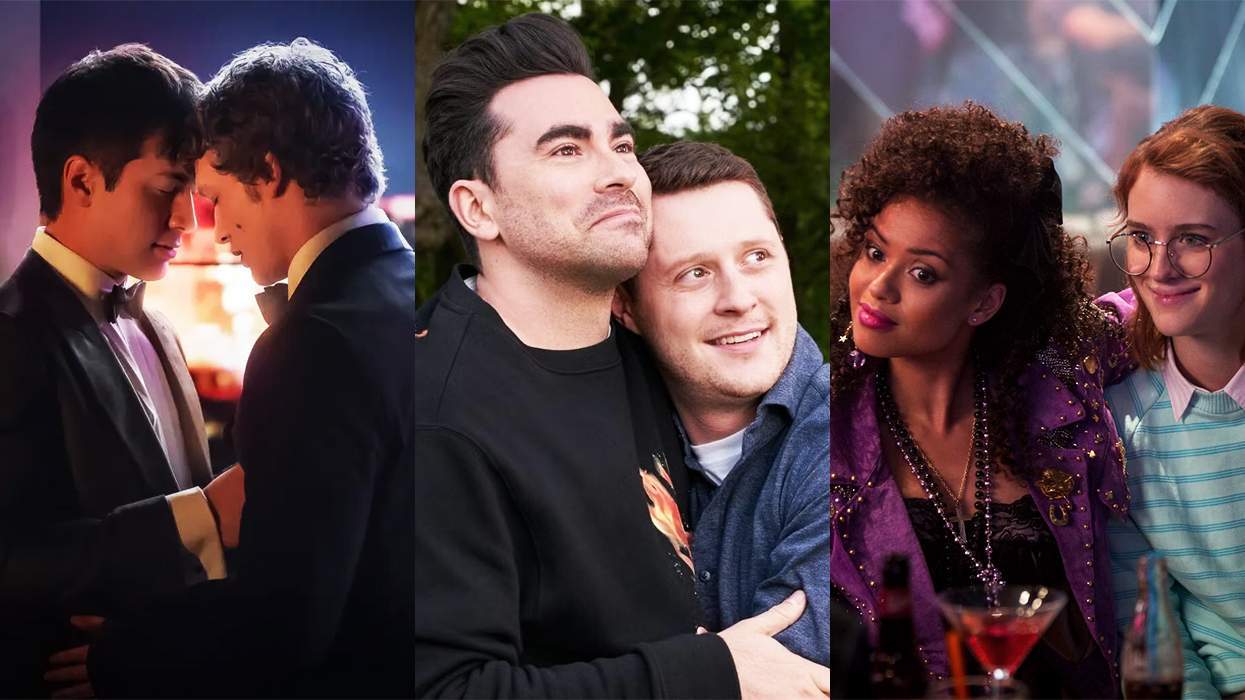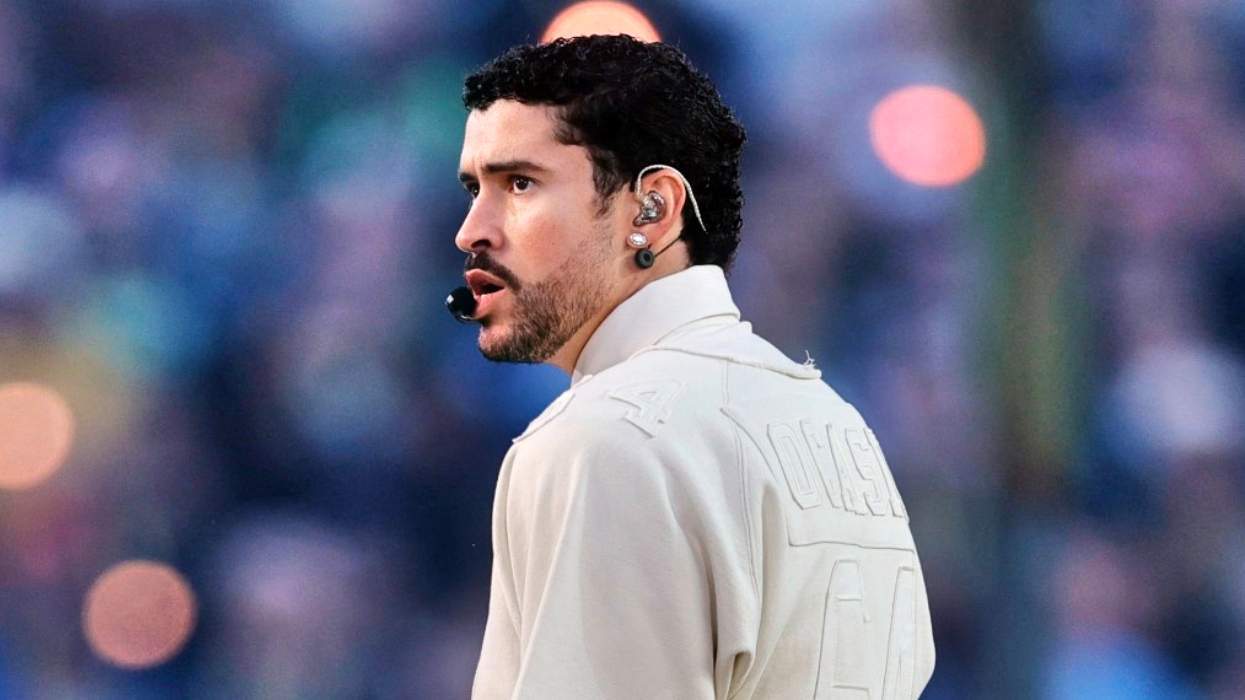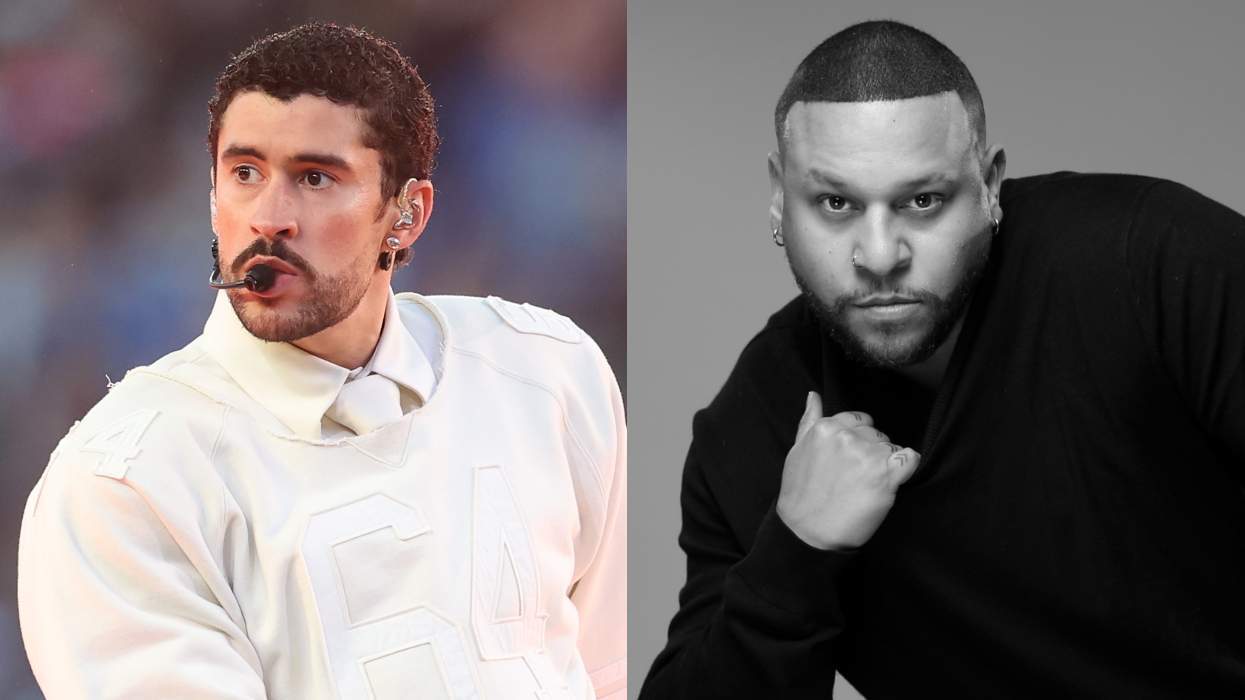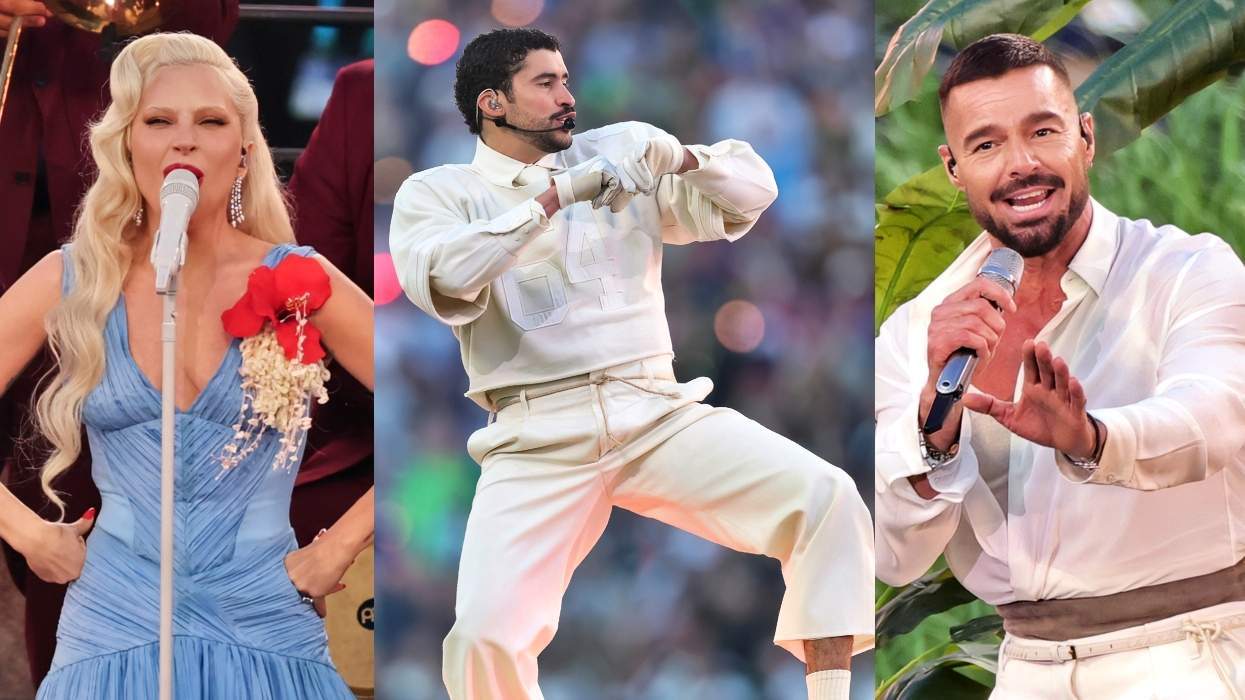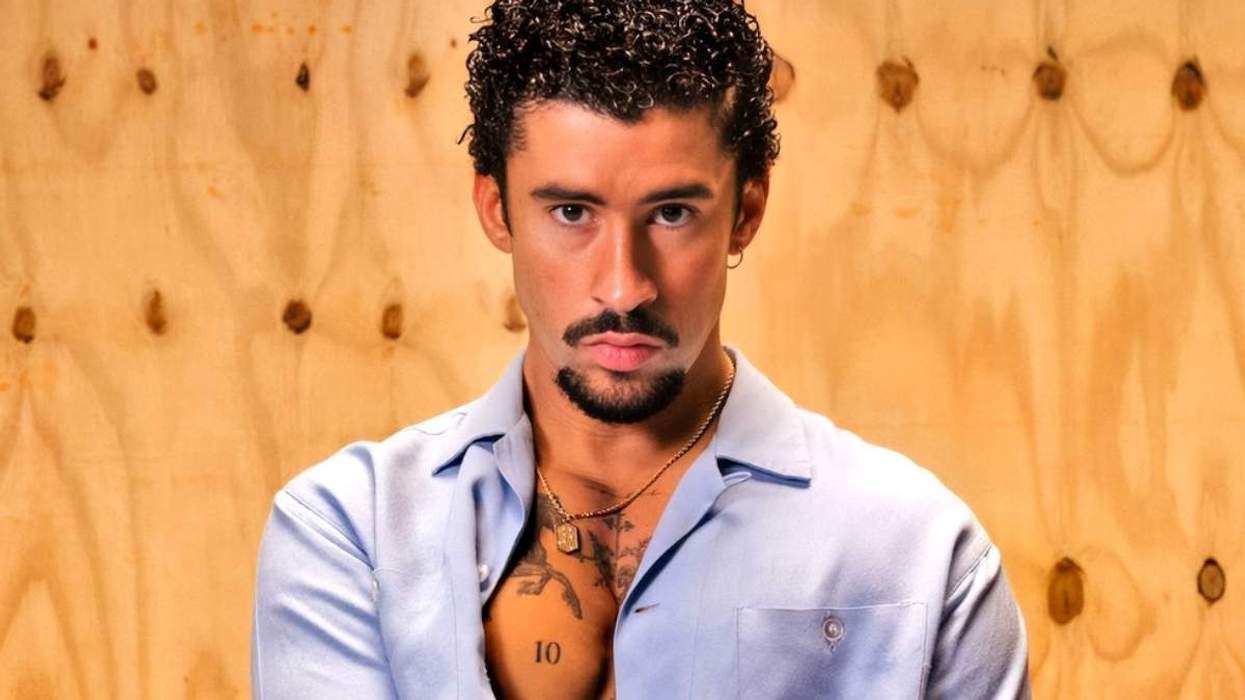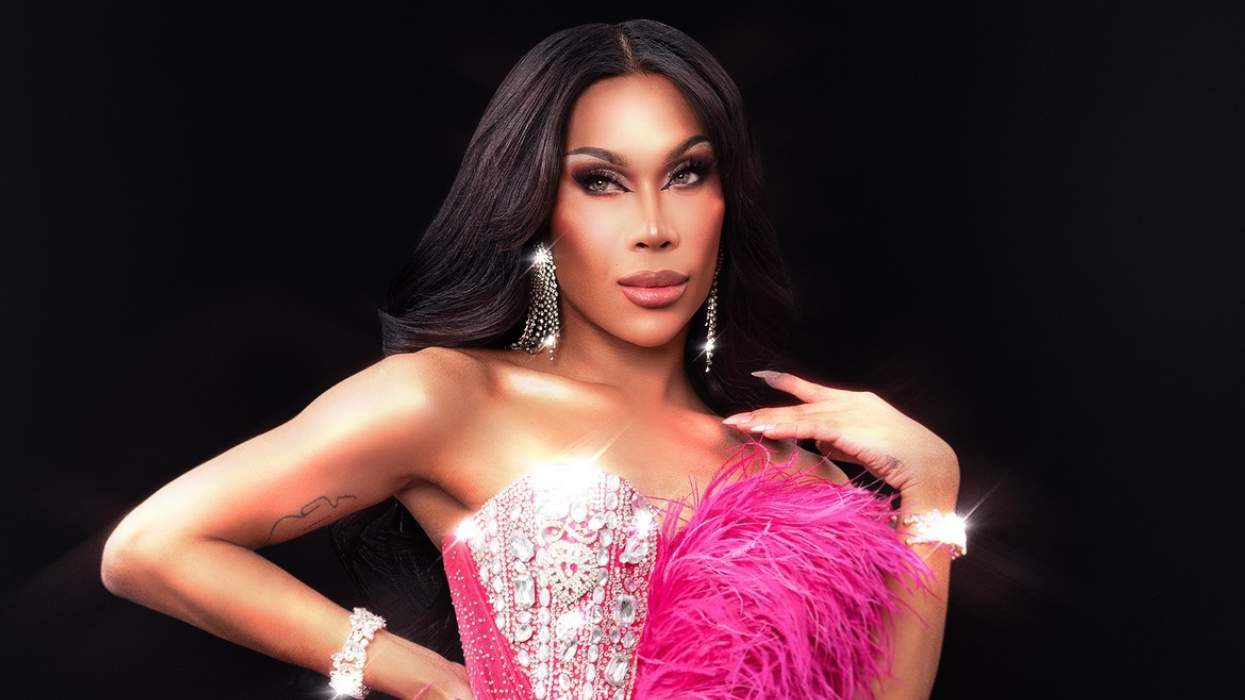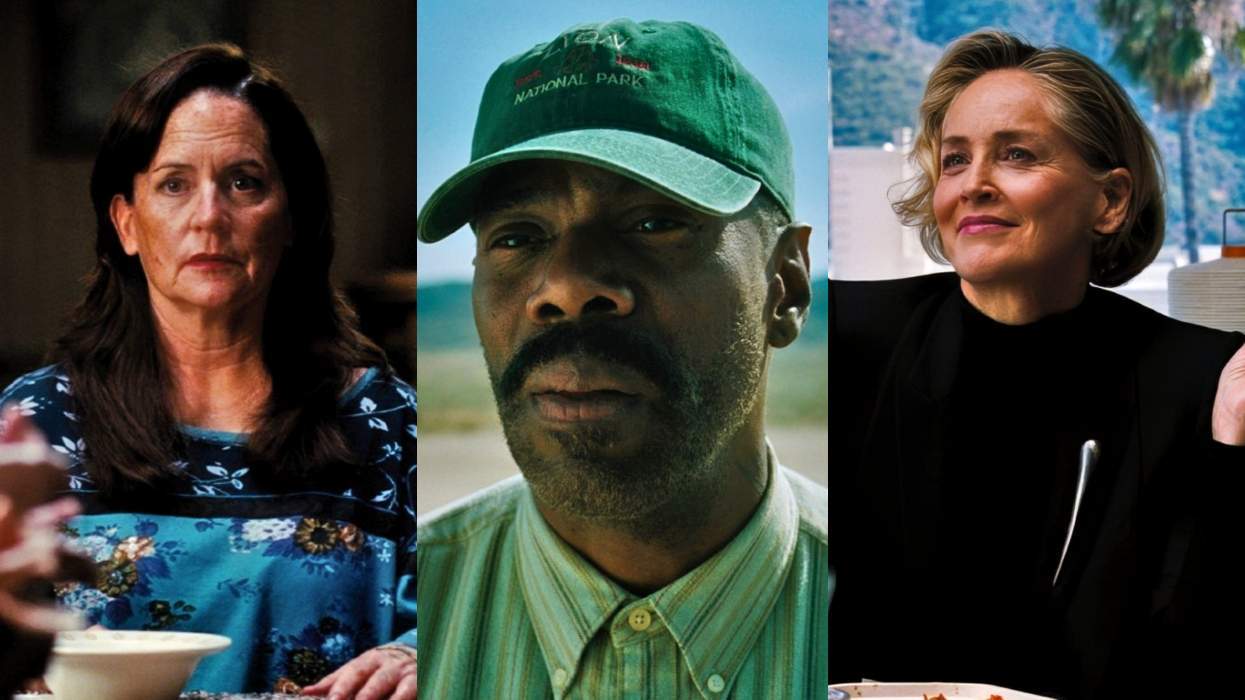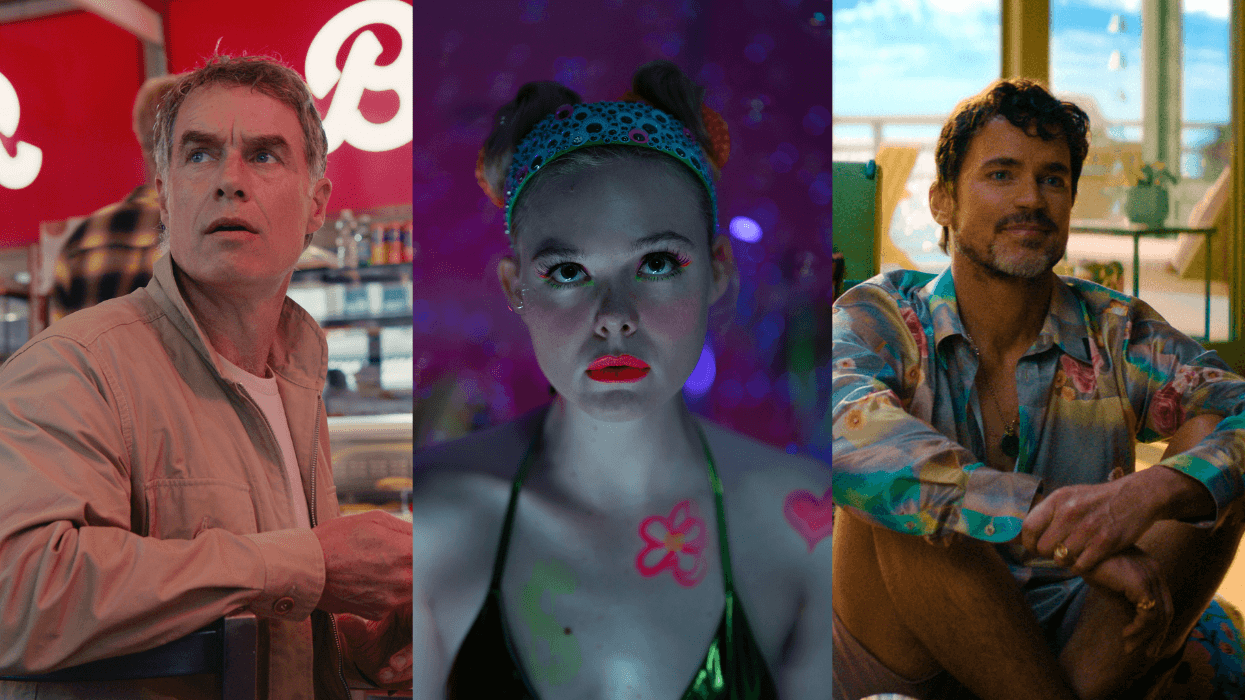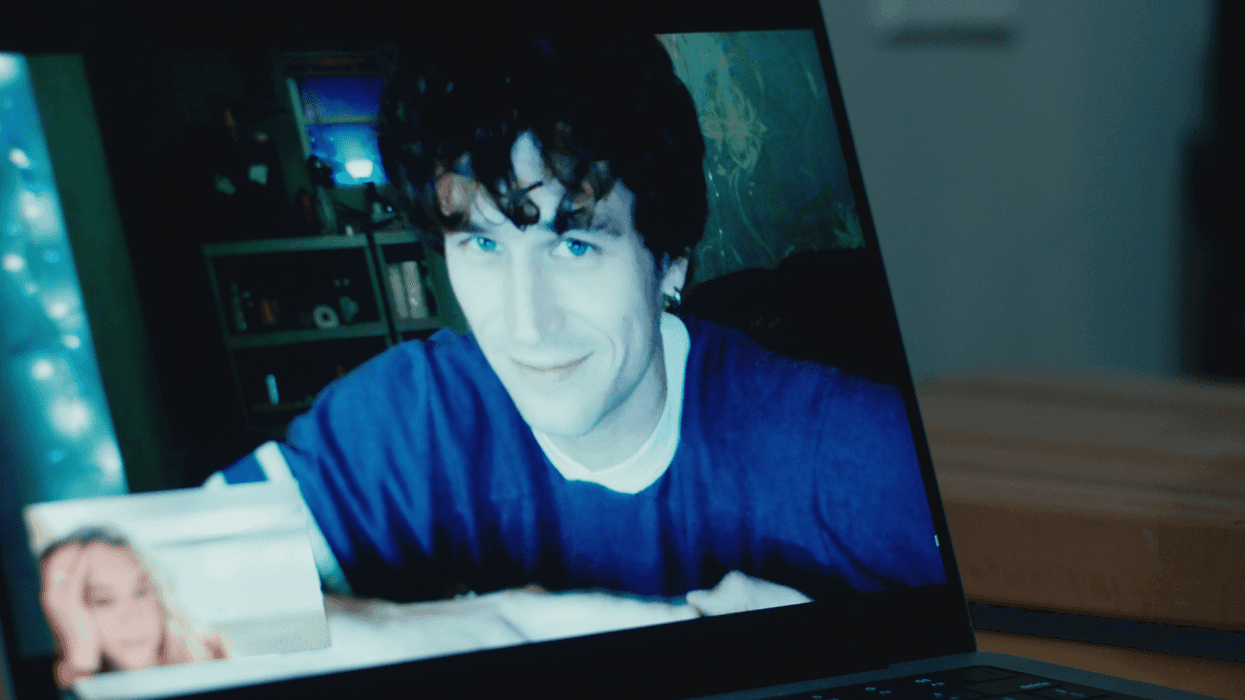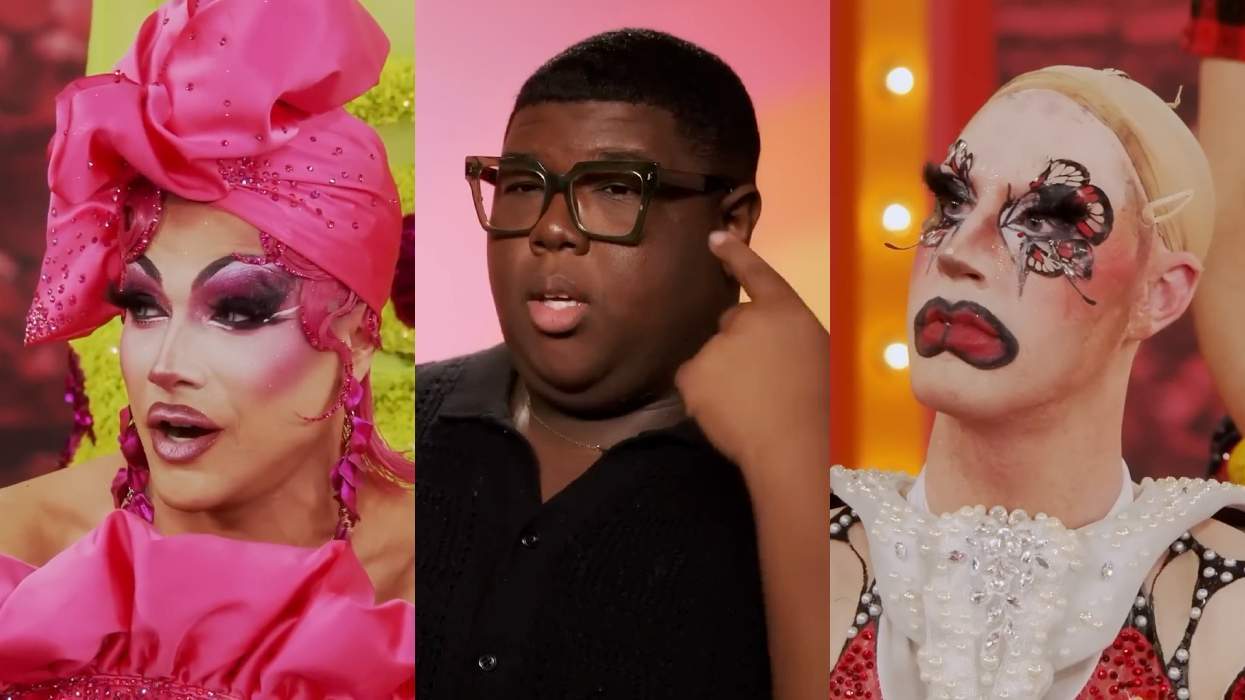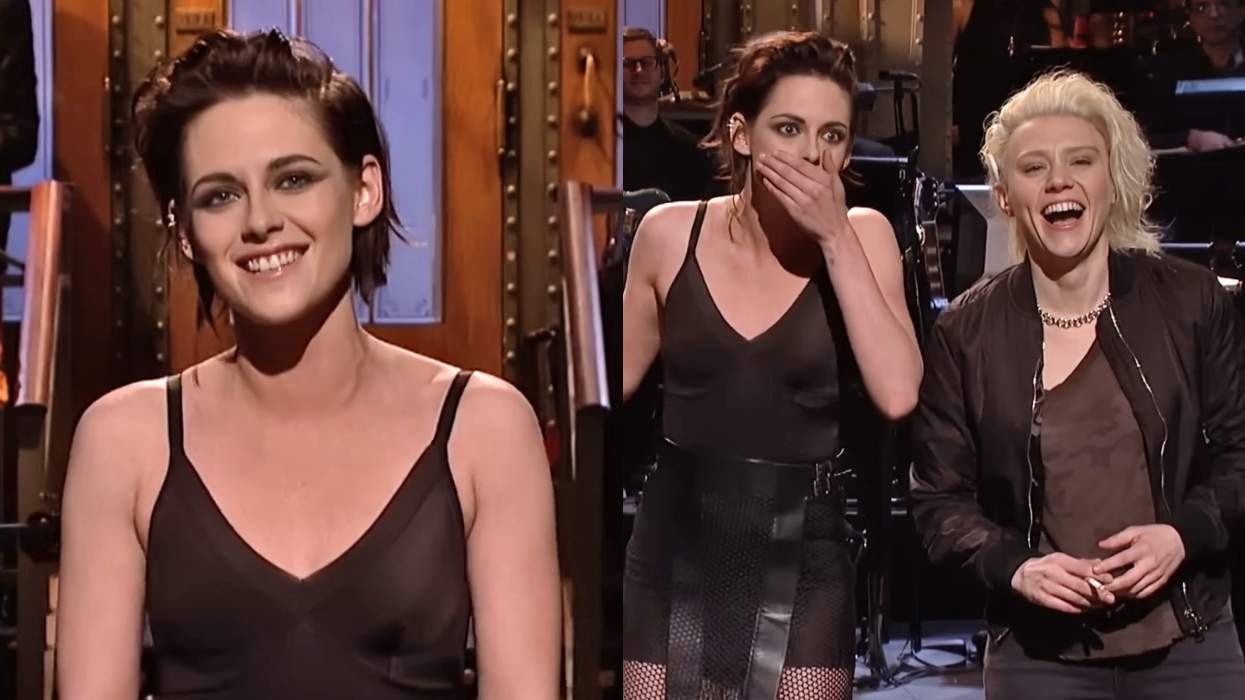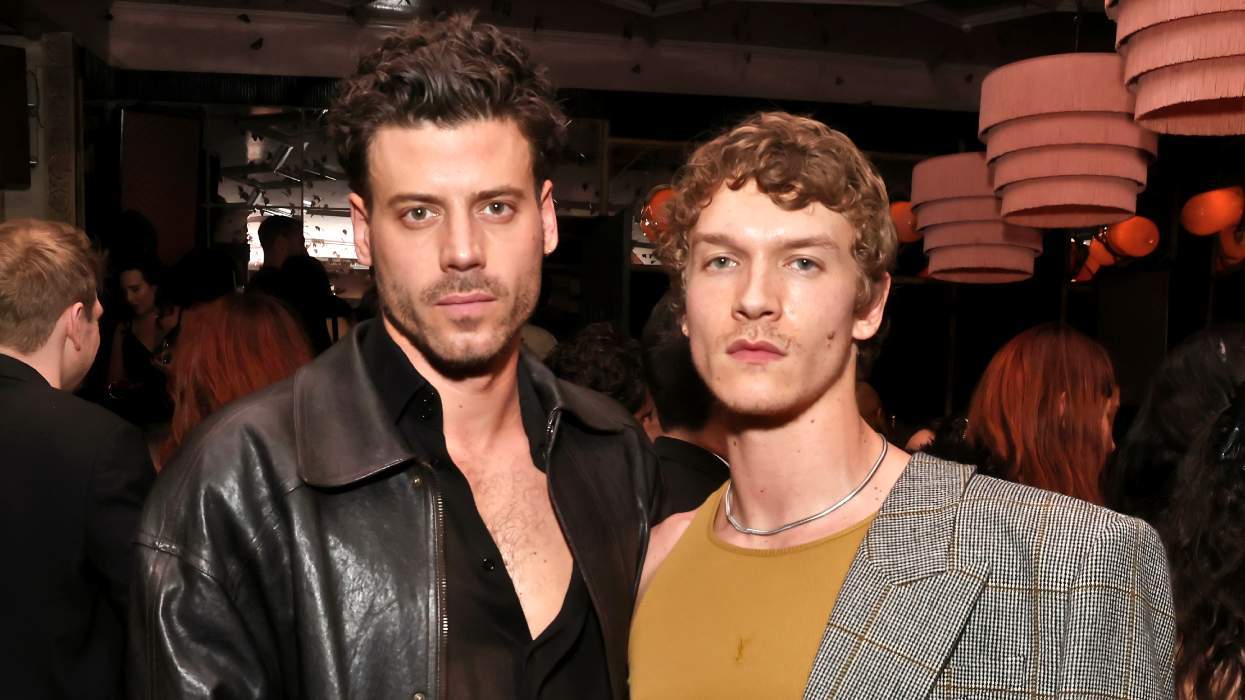Harlem creator and showrunner Tracy Oliver is a powerful storyteller who has pushed the boundaries of what it means to center Black women's voices in Hollywood. As the mastermind behind Harlem — a vibrant, layered series that celebrates sisterhood, love, and ambition in the heart of New York City — Oliver delivered a cultural gem that deeply resonated with fans.
Sign up for the Out Newsletter to keep up with what's new in LGBTQ+ culture and entertainment — delivered three times a week straight (well…) to your inbox!
Since it premiered on Prime Video, Harlem has been praised for its layered and authentic portrayal of modern Black womanhood, as well as its willingness to dive into more complex topics. Though the series came to an end last week with two final episodes, fans are still expressing their love for the Harlem characters and storylines that empowered them over the years.
The overarching Harlem journey definitely didn't come to a close without a few surprises. One of them, Oliver revealed, was the bittersweet feeling she experienced after receiving a phone call about the show not returning for a fourth season despite having garnered such a devoted fanbase.
"I was in the writers' room, halfway through season 3, when I got the phone call that this was likely the last season," Oliver tells Out. "I had to scrap everything we'd done already — scripts that were written, the direction I was heading into — because I'd written it thinking that we'd had more time to play."
Determined to give such a beloved series like Harlem the ending it deserved, Oliver shifted gears almost entirely.
"If this is the final season, then I have to go out in a way that totally satisfies the arcs of the characters," she explains. "I wanted the audience to feel like, okay, I'm glad I was on the journey with these women. I feel like it wrapped up in a way that makes sense, stayed true to where they started, and was also satisfying."
Oliver's commitment to telling authentic stories didn't stop in the writing process. For instance, she reflects on how the casting of Shoniqua Shandai brought Angie to life as a bold, comedic, and unapologetically sexual member of the group.
"Shoniqua is a darker-skinned actress. I remember, early on in the casting process, there was this worry — both from me and others — about what kind of statement we might be making," Oliver explains. "I struggled with it for a second because I didn't want to be accused of typecasting or making some grand statement about skin tone."
Ultimately, Shandai's undeniable talent triumphed over any questions or concerns.
"She was by far the best person for the role," Oliver says. "I decided that, if I got heat for it, I'll take it… because I want Shoniqua on my screen."
In hindsight, Oliver remembers never regretting that casting choice even when the first season of the show faced some initial skepticism. "It was important to me to focus on getting the best person for the role, period. Shoniqua was just that good."
The third and final season of Harlem went even further in its exploration of love and relationships. Namely, Quinn (played by Grace Byers) had a new suitor, Seth (played by Kofi Siriboe), who challenged her views on monogamy. As that storyline unfolded, Oliver admits that even her own real-life perspectives seemed to be slightly shifting.
"I was very pro-monogamy before this," Oliver says. "One person, that's it. Anything else was off the table for me. But the more I learned about ethical non-monogamy, the more I started to see its value. It's the ethical part that I gravitated towards."
She adds, "You can be in relationships with people who aren't upfront about their intentions, and that kind of dishonesty can be devastating. What I liked about ethical non-monogamy is how self-aware and honest the people in those relationships can be. They communicate openly, so you're never left in the dark about where you stand. That level of honesty is something I respect."
As Oliver looks back on Harlem and its legacy, she considers working on a different project that could blend a sense of nostalgia with her contemporary voice.
"I was approached about producing a reboot of Clueless several years ago," Oliver recalls. "It's one of my favorite movies, which is why they approached me. I don't know if they'll end up making it, but that part is true: I was working on a modern-day Clueless."
Whatever the future may hold, Oliver remains committed to telling stories that reflect authentic and intricate lives — whether through the women of Harlem or the iconic cast of characters in Clueless.
Harlem is streaming on Prime Video.


